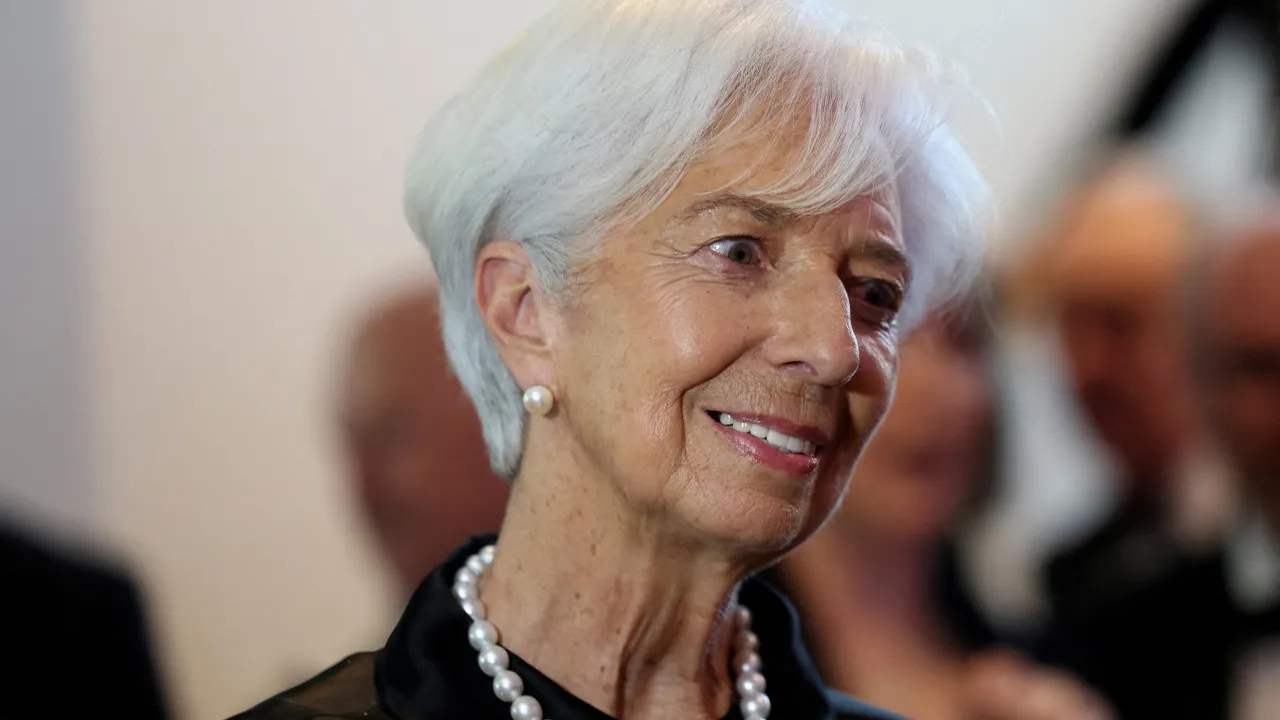
The fundamental problem with European defense is not the lack of investment but rather its disorganization and fragmentation, stated José Manuel Durão Barroso, the former Portuguese Prime Minister, during a national defense conference hosted by Diário de Notícias at the Military Academy in Amadora today.
Expressing strictly personal views, Durão Barroso argued that increasing defense investment from 2% of GDP to “3% or 3.5%,” a target which he anticipates will gain “consensus” at the NATO summit, would not solve the issues facing European defense.
“It could even exacerbate the problems of European defense, as it would increase the dysfunctions and incompatibilities between different systems,” he maintained.
In this context, the former European Commission President emphasized that the “important” aspect is ensuring that this rise in spending and investment is handled from a community perspective.
Barroso advocated that the focus should not only be on the military sector but also on industrial and research levels, citing the United States as an example, whose defense investments have made it “the leading global technological power today.”
According to the former Prime Minister, impacting the economy is key to justifying the defense investment to citizens. “There is a strong awareness of the danger Europe faces and the need to invest in defense, but it is vital that the population also feels this,” he stated.
Durão Barroso further described boosting defense capabilities as an “inevitability” and deemed it “premature” to declare that NATO is “dead.” He cautioned that “Europe must stop being the geopolitical adolescent it is and should assert itself as a responsible actor in defense.”
“If we want peace, we need to prepare for war, and therefore we require a European dimension of defense,” he reiterated.
The former European Commission President also expressed skepticism about seeing “a peace solution for Ukraine” in the “foreseeable” future, suggesting that the Russian president remains “interested in maintaining at least a latent conflict situation.”




